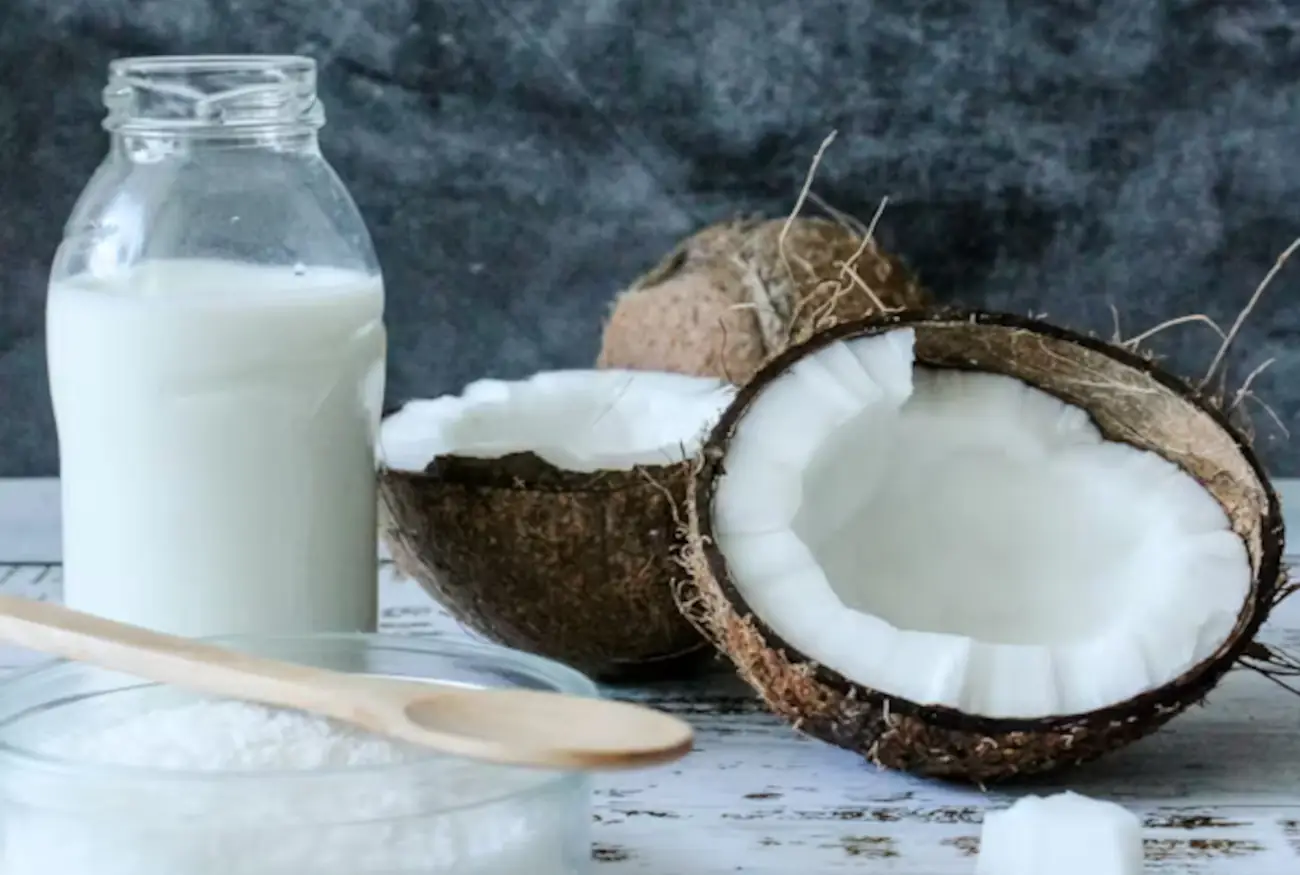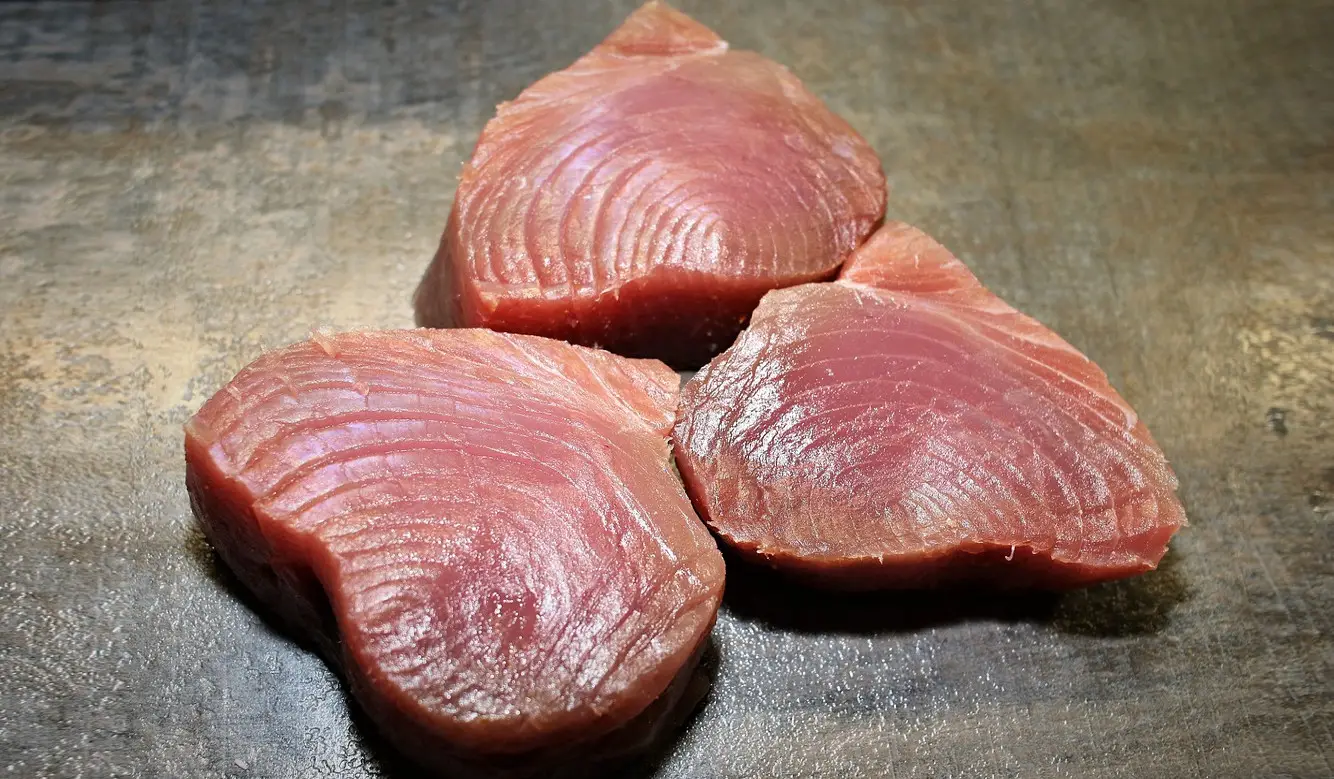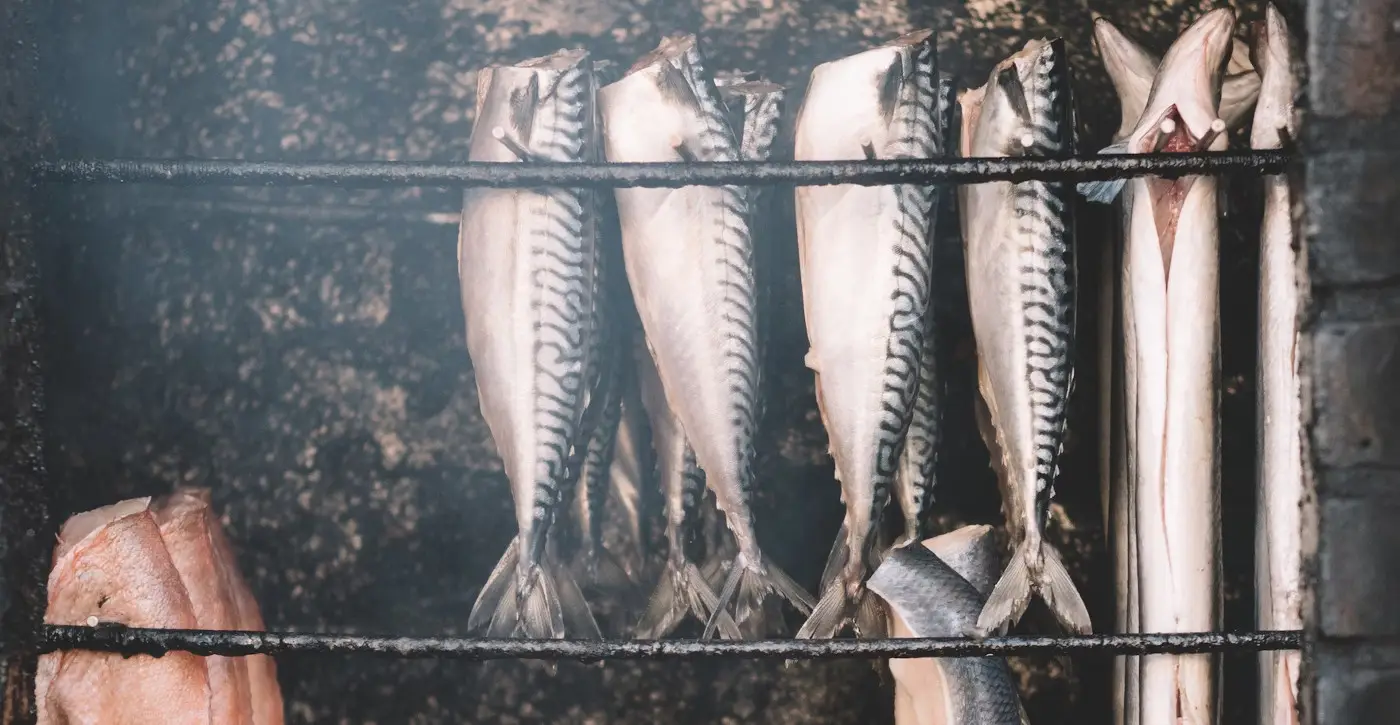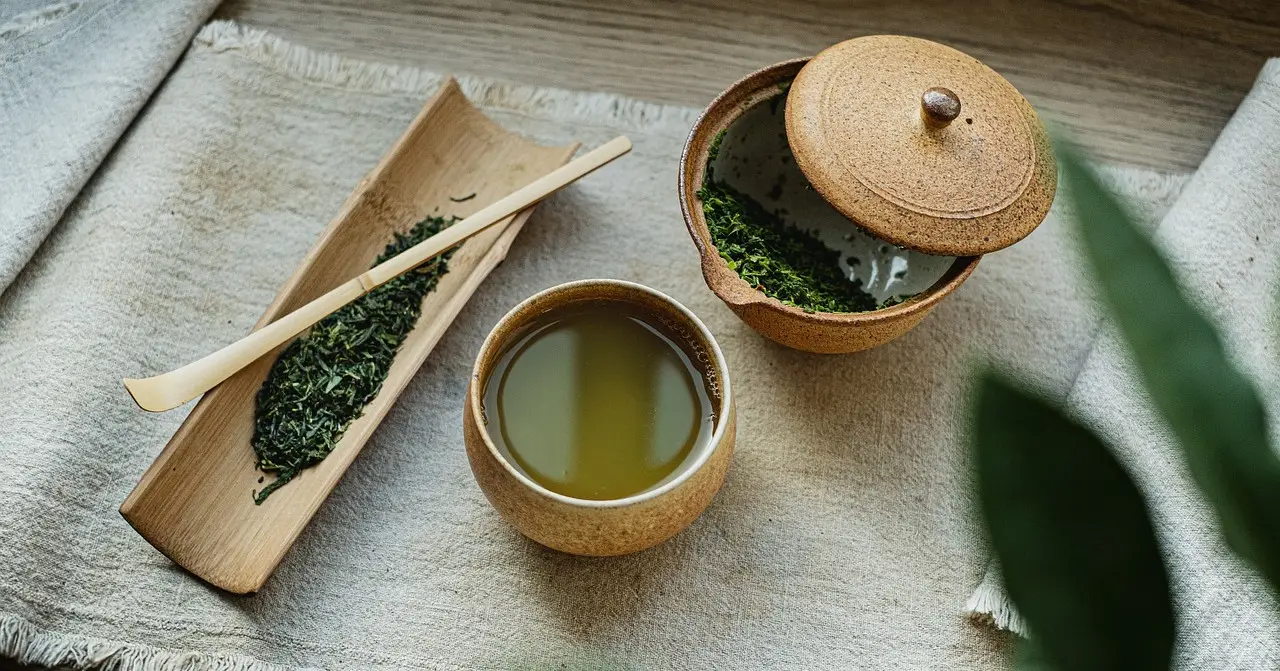Cheerios Lysine and Arginine Info Sheet
Overview
Cheerios is a brand of cereal made from whole grain oats. It is known for its distinctive round shape.Cheerios is low in sugar and a good source of fiber and essential vitamins and minerals.
| Name | Lysine (mg/100g) | Arginine (mg/100g) | Ratio |
|---|---|---|---|
| Cheerios | 370mg | 820mg | 0.45 |
Cheerios contains 370mg of Lysine and 820mg of Arginine per 100g of product.
This means Cheerios has a low Lysine-Arginine ratio of 0.45.
Because Cheerios contains much higher levels of arginine than lysine, limiting its consumption is recommended by people who suffer from herpes, as it may trigger outbreaks.
Lysine Considerations
Cheerios contains 370mg of lysine per 100g. Lysine is an essential amino acid that supports protein synthesis, collagen formation, and immune function.
Lysine has the potential to prevent or treat cold sores, which are blisters caused by the HSV-1 virus, also known as herpes.
Lysine operates by working against the proliferation of HSV-1, which relies on another amino acid, arginine, to reproduce and infect cells.
Lysine can only be acquired through our diet, and is present in multiple high-protein foods such as eggs, milk, cheese and yogurt, fish, meat and poultry.
Arginine Considerations
Cheerios contains 820mg of arginine per 100g. Arginine is a semi-essential amino acid that plays a role in several bodily functions, including wound healing and immune function.
Arginine can boost your health and performance, such as lowering your blood pressure, healing your wounds, and boosting your exercise endurance.
Arginine can be made by the body or obtained from foods like meat, dairy, nuts, and soy.
Unfortunately, the herpes virus is known to "feed" on arginine, and having a diet higher in arginine than lysine may increase the occurrence and severity of cold sores and herpes outbreaks.
Lysine-Arginine Ratio
Cheerios has a lower lysine to arginine ratio. This means it has more arginine relative to lysine, which may be a consideration for people with certain dietary needs.
Both lysine and arginine are essential for protein synthesis and various other bodily functions.
They, however, have opposing effects on the herpes simplex virus, which causes cold sores and genital herpes.
Lysine can prevent the replication of the virus, whereas arginine can stimulate it.
Thus, a diet rich in foods with a high lysine to arginine ratio may help reduce the occurrence and severity of herpes flare ups.
Foods that have a high lysine-arginine ratio include dairy products products, fish, poultry, fruits, and vegetables.
These foods can provide the body with enough lysine to compete with arginine and inhibit the virus from replicating and causing flare-ups.
Dietary Considerations
Cereals are grains that are edible seeds of grasses, such as wheat, rice, oats, corn, and barley.
Cereals are rich in carbohydrates, fiber, and some vitamins and minerals.
That said, most cereals have more arginine than lysine, which can be problematic for people with herpes.
Arginine can stimulate the replication of the herpes virus, leading to more frequent and severe outbreaks.
Lysine can counteract the effects of arginine, but it is not abundant in cereals.
Hence, cereals should be consumed in limited amounts or paired with other lysine-rich foods, such as dairy, fish, or poultry.
Lysine supplements can also help boost the lysine-arginine ratio in the diet.
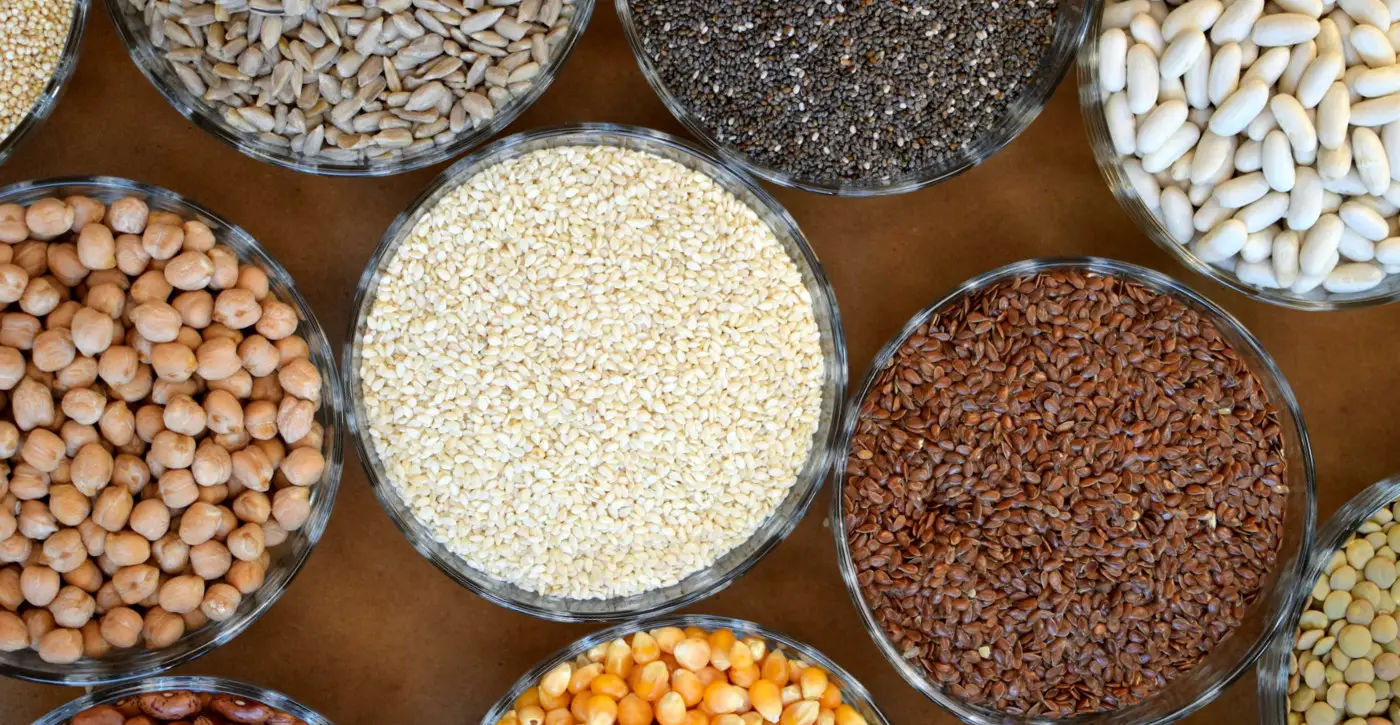
For example:
A well-balanced and healthy diet that strengthens your immune system and lowers inflammation is important.
This means you should eat a lot of fruits, vegetables, whole grains, lean protein, and good fats, and avoid processed foods, added sugars, alcohol, and caffeine.
Make sure to drink plenty of water to keep yourself hydrated and eliminate toxins from your body.
Water can also help you avoid dryness and irritation of the skin and mucous membranes, which can lead to outbreaks.
You may want to take l-lysine supplements.
L-lysine is known to prevent herpes outbreaks and it can help stop a cold sore in its initial stages by "starving" the virus of arginine before it has a chance to cause a cold sore.
Taking other food supplements that can improve your immunity and protect your cells from oxidative stress, such as vitamin C, zinc, selenium, and antioxidants.
Your immune system can be weakened and inflammation can be increased by foods that can cause allergic reactions or sensitivities, such as gluten, dairy, nuts, eggs, or shellfish.
Avoid these foods to avoid outbreaks.
Try eating foods that can enhance your immune system and reduce inflammation to avoid outbreaks.
Some of these foods are honey, yogurt, aloe vera, and chamomile.
They can also help you with your symptoms by easing pain, swelling, and itching, and accelerating your recovery.
Check more food information
